White House A.I. and Crypto Czar David Sacks discusses the ‘Winning the AI Race’ summit, how the U.S. can be the leader on the technology and the signing of the GENIUS Act into law.
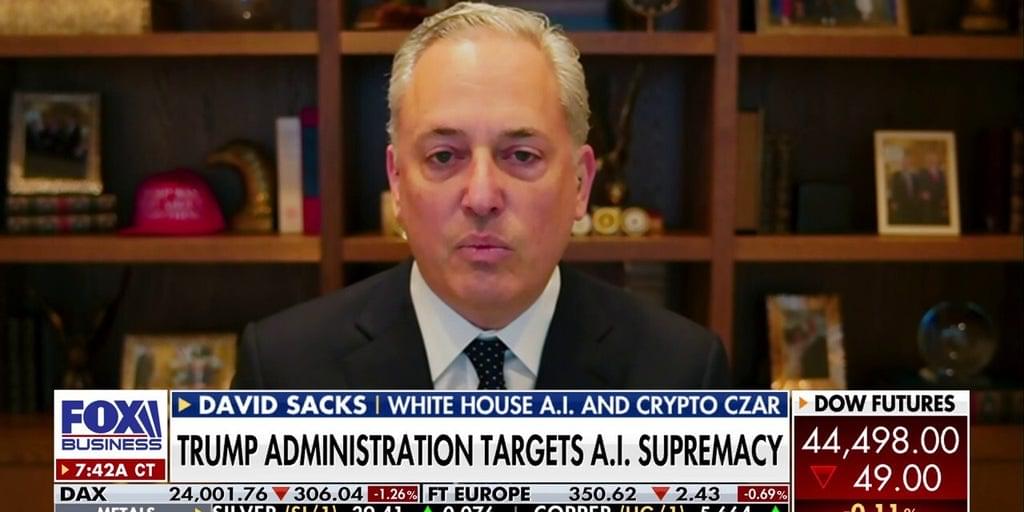


Australian researchers, including those at the Charles Perkins Centre at the University of Sydney
The University of Sydney is a public research university located in Sydney, New South Wales, Australia. Founded in 1850, it is the oldest university in Australia and is consistently ranked among the top universities in the world. The University of Sydney has a strong focus on research and offers a wide range of undergraduate and postgraduate programs across a variety of disciplines, including arts, business, engineering, law, medicine, and science.
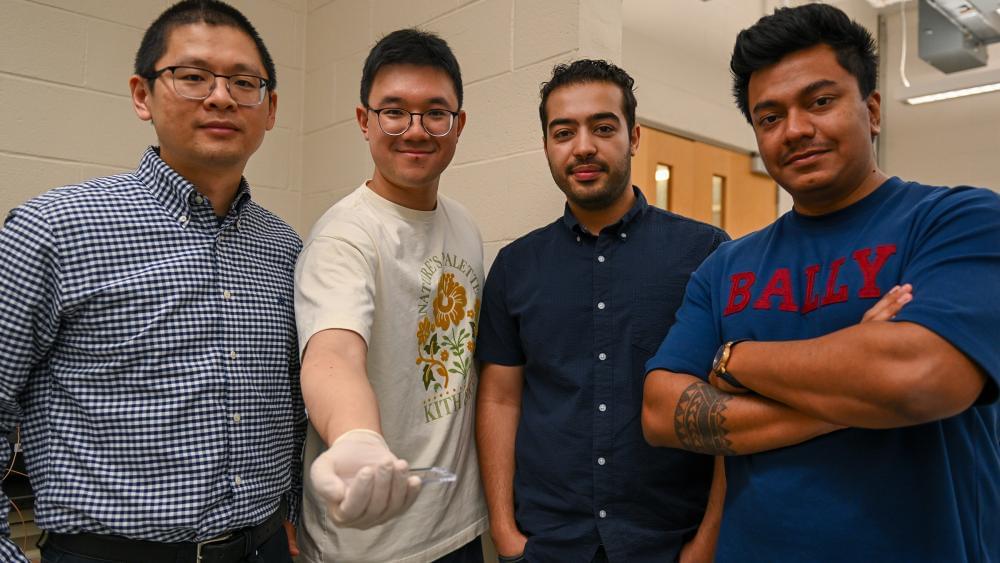
A research team from Penn State has broken a 165-year-old law of thermal radiation with unprecedented strength, setting the stage for more efficient energy harvesting, heat transfer and infrared sensing. Their results, currently available online, are slated to be published in Physical Review Letters on June 23.


Just over 200 years after French engineer and physicist Sadi Carnot formulated the second law of thermodynamics, an international team of researchers has unveiled an analogous law for the quantum world. This second law of entanglement manipulation proves that, just like heat or energy in an idealized thermodynamics regime, entanglement can be reversibly manipulated, a statement which until now had been heavily contested.

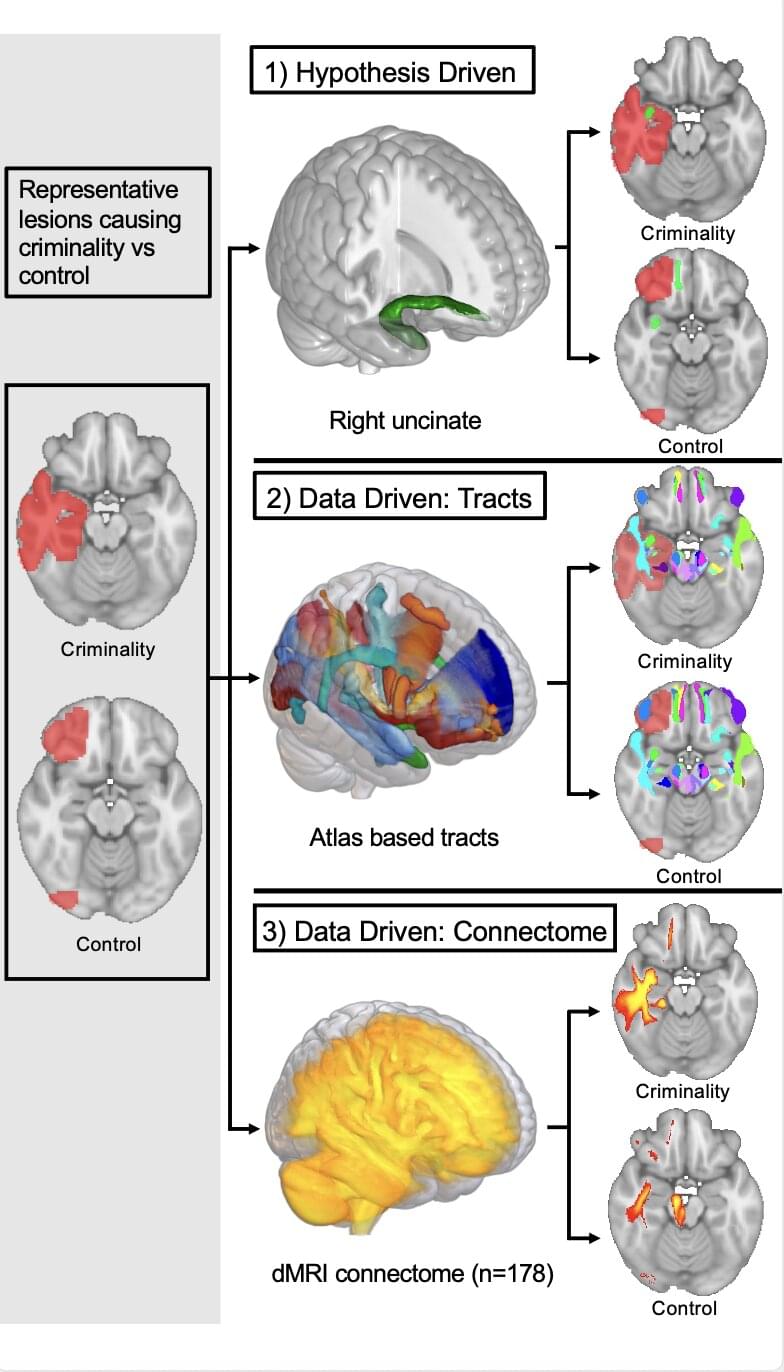
Over the past decades, some lawyers have started using brain imaging scans as evidence during criminal trials, to provide a possible explanation for the criminal behavior of defendants. This was justified by recent neuroscientific studies, which found that some people who commit crimes present differences in specific parts of the brain. Yet a key question remains: are these brain changes causal, compensatory or incidental to the behavior?
To answer this question, researchers at Brigham and Women’s Hospital, Harvard Medical School and other institutes in the U.S. analyzed the locations of brain injury temporally associated with a new onset of criminality.
They found evidence suggesting that lesions to a specific white matter tract could be causally implicated in the behavior of individuals who start committing crimes after injury.
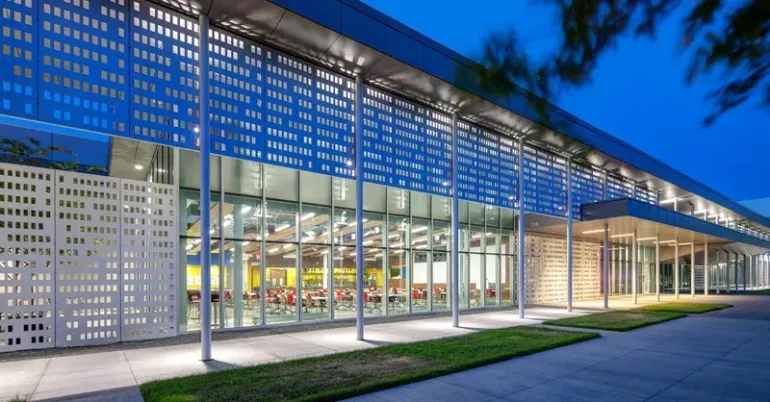
The advance warning period is key for this sort of voluntary program, especially one counting on participation from hyperscale data centers with sensitive IT equipment worth billions, Kavulla said.
“This should not be the kind of demand response where you’re calling it with no notice and curtailing the customer straight off,” he said.
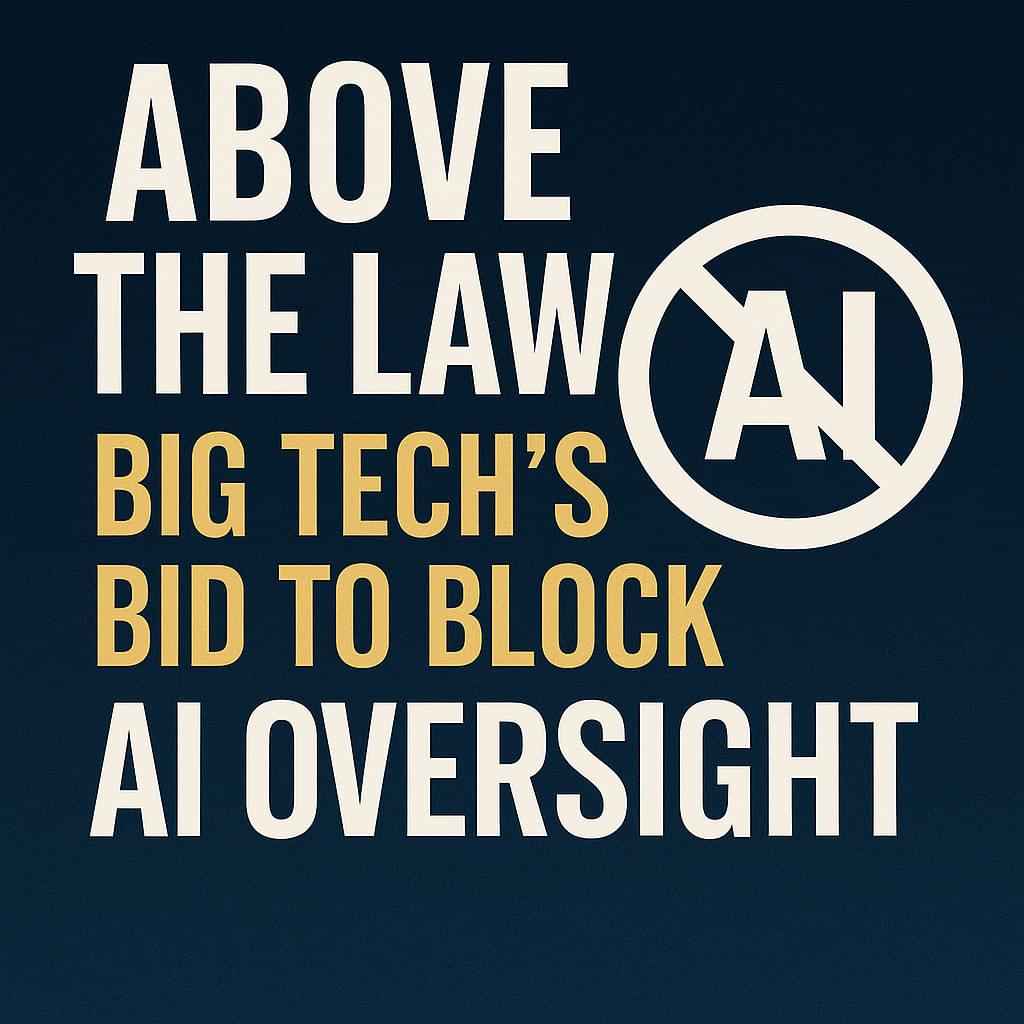
Unlock the future of energy! Discover how abundant thorium and advanced Small Modular Reactors (SMRs) could power our world and humanity’s pioneering Moon base, offering a safer, cleaner path to net-zero.
If you liked this video, please show it to a friend who hasn’t heard of us yet! Also, please leave a comment below. Thanks for watching!
🚀 New mind-blowing episodes every week!
Link to Best Telescopes at the website: https://apollo11space.com/best-telesc… website: https://apollo11space.com 🌠 Join our constellation of curious minds: Facebook: / apollo11space11 Pinterest:
/ tranquilitybase784 Instagram:
/ apollo11spacechannel X (Twitter):
/ apollo11space69 Reddit:
/ orbitingapollo Copyright Title 17, US Code (Sections 107–118 of the copyright law, Act 1976): This website uses all media for the purpose of review and commentary under the terms of fair use. All footage and images used belong to their respective companies. #thorium #materialscience #space.
My website: https://apollo11space.com.
🌠 Join our constellation of curious minds: